Unknowing and Unknowable | Last Chance for Super Early Summit Tickets
LAST CHANCE FOR SUPER EARLY PRICING FOR THE ARTIFICIALITY SUMMIT 2026!

The second Artificiality Summit is complete. Twice the time, twice the people, twice the brain expansion. We are incredibly grateful to all who joined us.
This newsletter will be brief as we're still recovering while juggling speaking engagements last week and next week. That said: do not miss Helen's excellent essay that starts to pull together some of our takeaways (link below).
I'll begin with reflections that others have already shared publicly:
And now a few photos...many more to come!
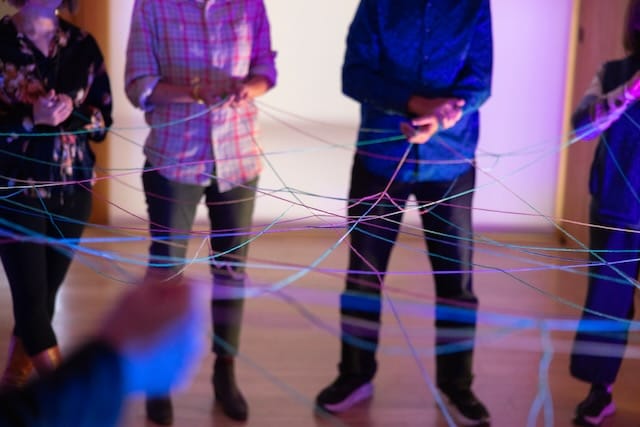
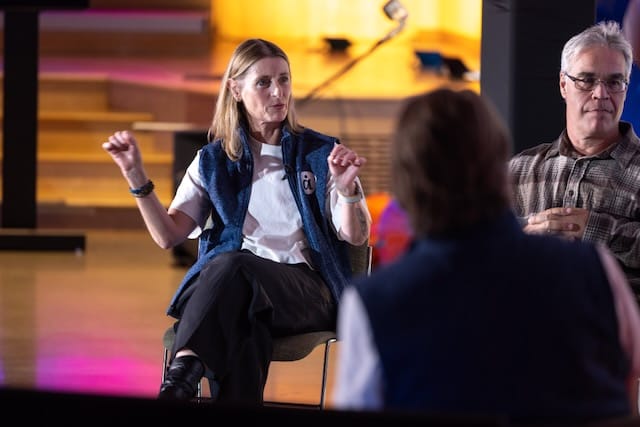
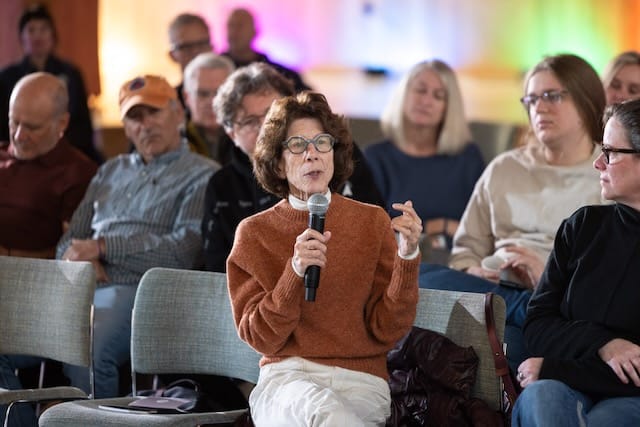
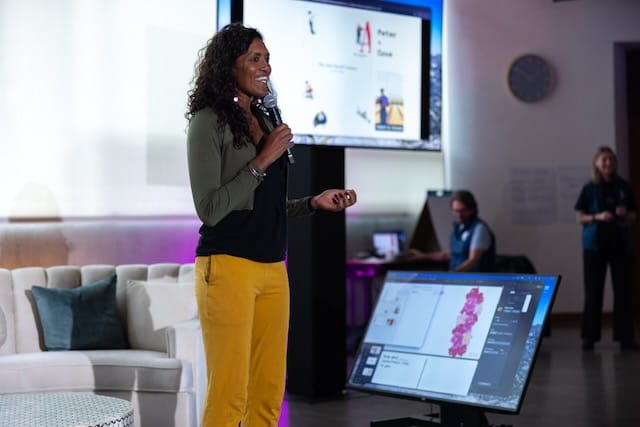
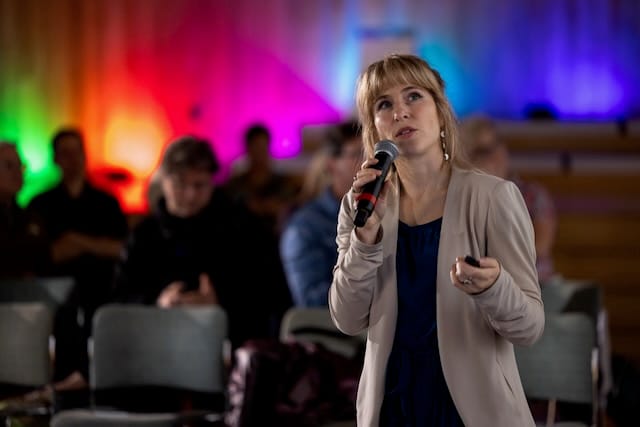
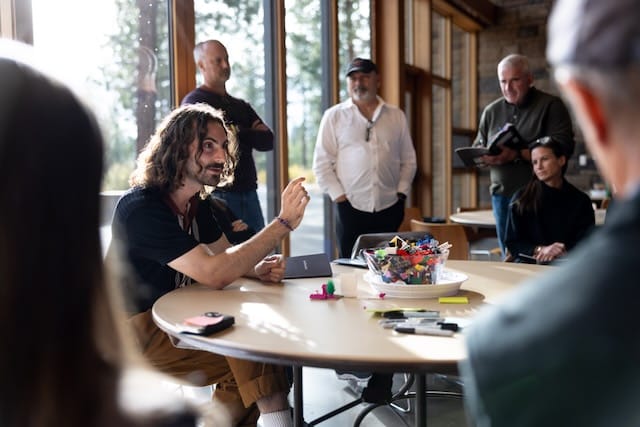
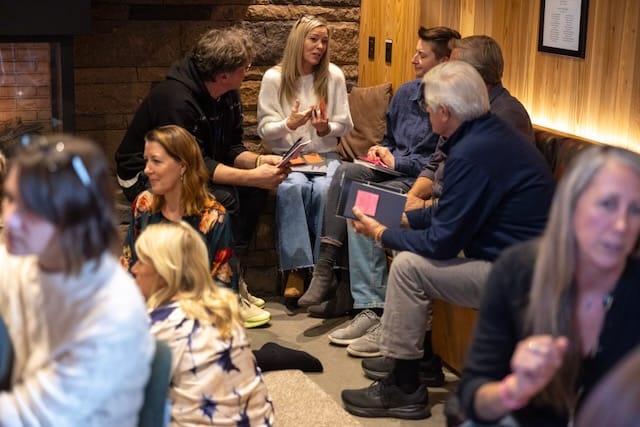
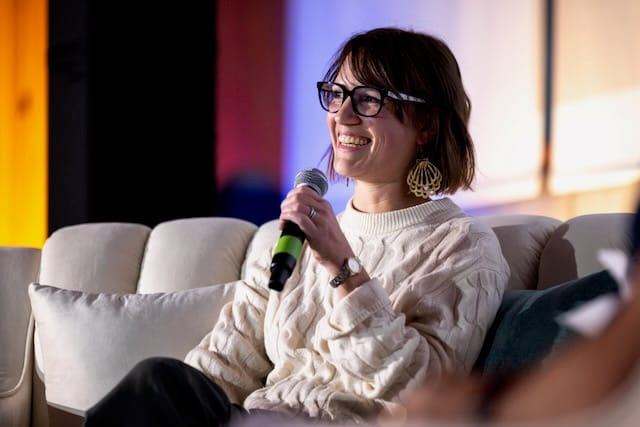
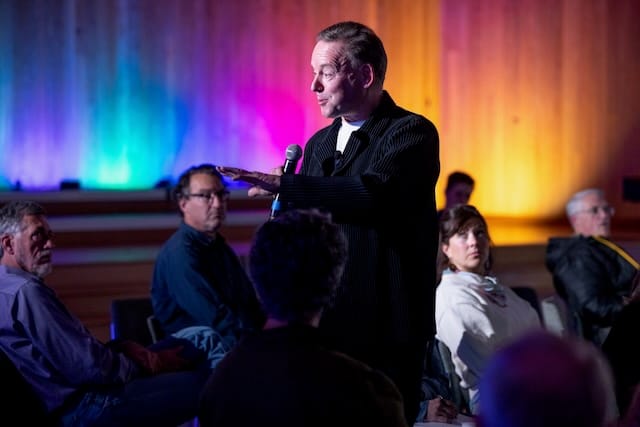
Photos by Rob Kerr taken at the Artificiality Summit 2025
Support the Artificiality Institute
We are on a mission to shape the emerging human experience in an increasingly synthetic world through story-based research, immersive education, and cultural dialogue—so our future with AI is more meaningful, not just more efficient.
We can't do this without support from people like you.
Your support powers three essential programs:
Every tax-deductible contribution helps build a future where technology serves human flourishing, not just profit margins.
We've spent this week absorbing what we heard at the Summit, particularly from the philosophers and technologists—Blaise Agüera y Arcas, Ellie Pavlick, Eric Schwitzgebel, and Benjamin Bratton—who spoke about AI's deeper implications. If you're anything like us, your brain might have broken a little by the end of Saturday's program.
In this essay, Helen starts the unbreaking process by pulling together the ideas, challenges, and provocations. As she says:
"At a regular AI tech conference, the conversation might revolve around scaling laws, hallucinations, engagement metrics, or surveillance capitalism. These four lifted us beyond that, toward a different way of measuring progress entirely: not in tokens per second or parameter counts, but in how broadly and strangely we can now define intelligence and consciousness—how many new questions we can hold open at once. Their work opened up the space again—reminding us how little we know, and how much more there is to explore.
I came away with a deep conviction that we can value being in a dual state: one of "unknowing" but also energized inside all that uncertainty, so we keep thinking, questioning, and noticing what these new forms of intelligence are showing us about our own."